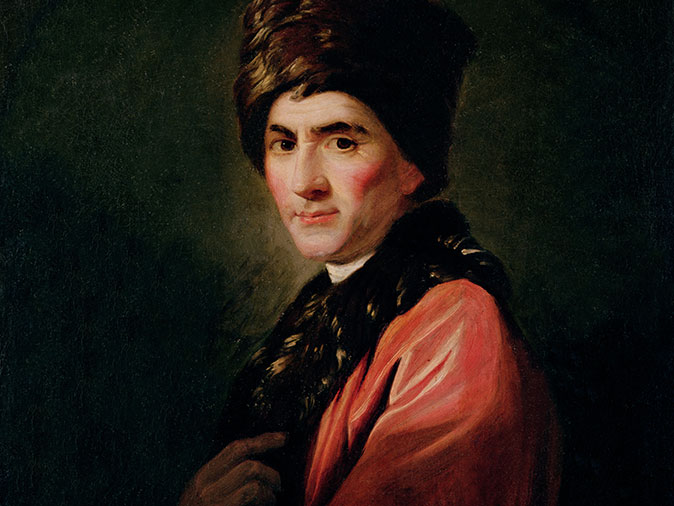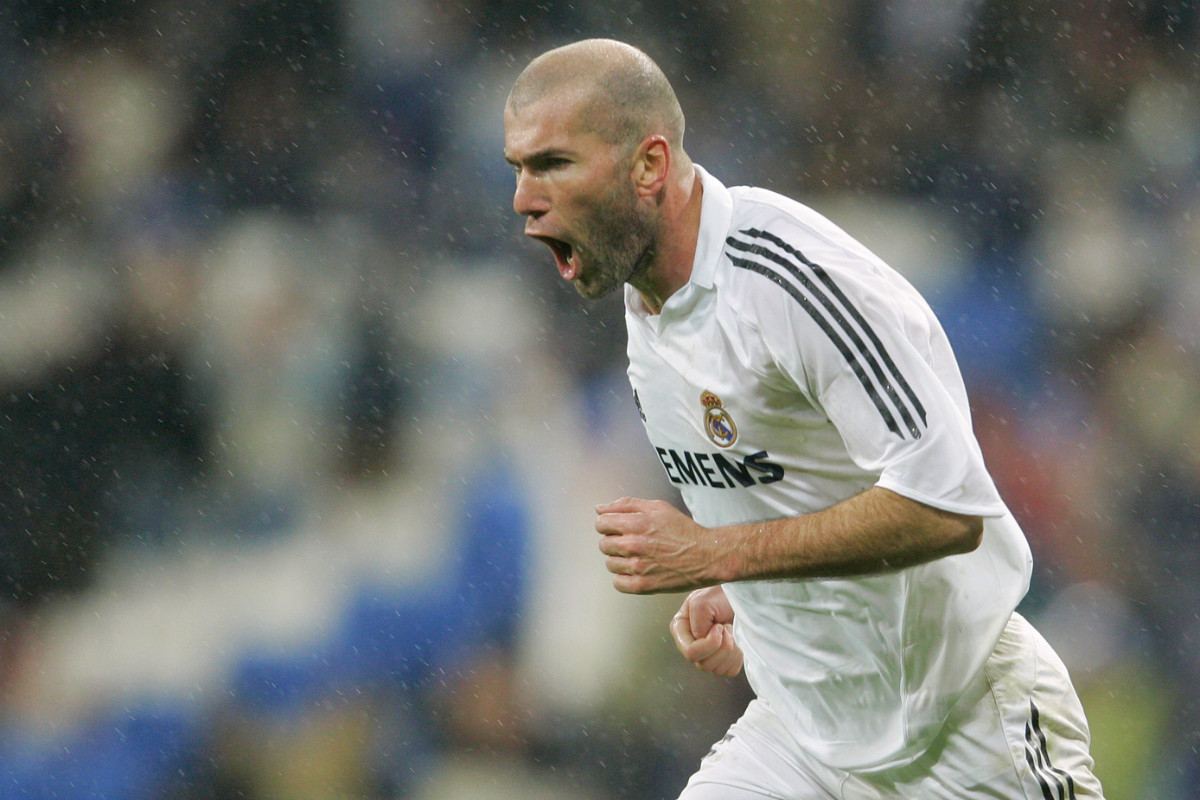
Derek Matravers examines the philosopher Jean-Jacques Rousseau’s ideas for The TLS:
Jean-Jacques Rousseau (1712–78) is, perhaps more than any other philosopher, a contradictory figure. He is a predecessor of liberalism and a theorist of fascism; a champion of the Enlightenment and its most severe critic; a Classicist critic of Romanticism and vice versa; and an advocate of humane, child-centred education, despite giving up his own five children to an orphanage and almost certain death. His reputation these days rests primarily on his political philosophy (in particular, On the Social Contract), his autobiography (The Confessions), and a part novel, part philosophical treatise, and part syllabus for progressive education (Émile).
Rousseau is very quotable – never more so than at the beginning of Book One, Chapter One of the Social Contract: “Man is born free, and everywhere he is in chains”. This appears to capture the view with which he is most famously associated: that man is born naturally good only to be corrupted by society. Another quotable opening sentence, this time from Émile, seems to support this: “God makes all things good; man meddles with them and they become evil”. This phrase is misleading on two accounts. First, Rousseau is clear that the situation of humankind in its pre-societal state is not to be envied. Second, he did not think it our inevitable fate to be corrupted by society; indeed, the point of the Social Contract is to provide a blueprint for a society in which people are able to flourish.
It was fairly standard in the seventeenth and eighteenth centuries to compare humankind before societies formed (the “state of nature”) to our condition in society. This was not an attempt to write history from the armchair, but rather a thought experiment; a comparison between things then with how they are now, to shine a light on the advantages of states. Rousseau had a weakness for the rhetorical flourish – and his powers of eloquence sometimes served to highlight the notion that leaving the state of nature had been a catastrophe.
The first person who, having enclosed a plot of land, took it into his head to say this is mine and found people simple enough to believe him, was the true founder of civil society. What crimes, wars, murders, what miseries and horrors would the human race have been spared, had someone pulled up the stakes and filled in the ditch and cried out to his fellow men: “Do not listen to this imposter. You are lost if you forget that the fruits of the earth belong to all and the earth to no one!”
Nonetheless, further flourishes pull in a different direction:
The passage from the state of nature to the civil state produces quite a remarkable change in man, for it substitutes justice for instinct in his behaviour and gives his actions a moral quality that they previously lacked. Only then, when the voice of duty replaces physical impulse and the right replaces appetite, does man, who had hitherto taken only himself into account, find himself forced to act upon other principles and to consult his reason before listening to his inclinations. Although in this state he deprives himself of several advantages belonging to him in the state of nature, but he regains such great ones. His faculties are exercised and ennobled, his entire soul is elevated to such a height that, if the abuse of this new condition did not often lower his status to beneath the level he left, he ought constantly to bless the happy moment that pulled him away from it forever and which transformed him from a stupid, limited animal and a man.
Rousseau had identified the fundamental flaw in the state of nature argument; we are not comparing like with like. The change from the state of nature to the civil state transforms us altogether – it changes us psychologically, and hence morally and politically, from “stupid limited creatures” to those governed by justice, morality, duty, right and reason. Furthermore (a point stressed more recently by Bernard Williams) there is no route back – attempts to turn the clock back to an earlier politics, or even to a pre-politics, by romantics of both the Left and Right are doomed not only to failure but to catastrophe.
(…)



